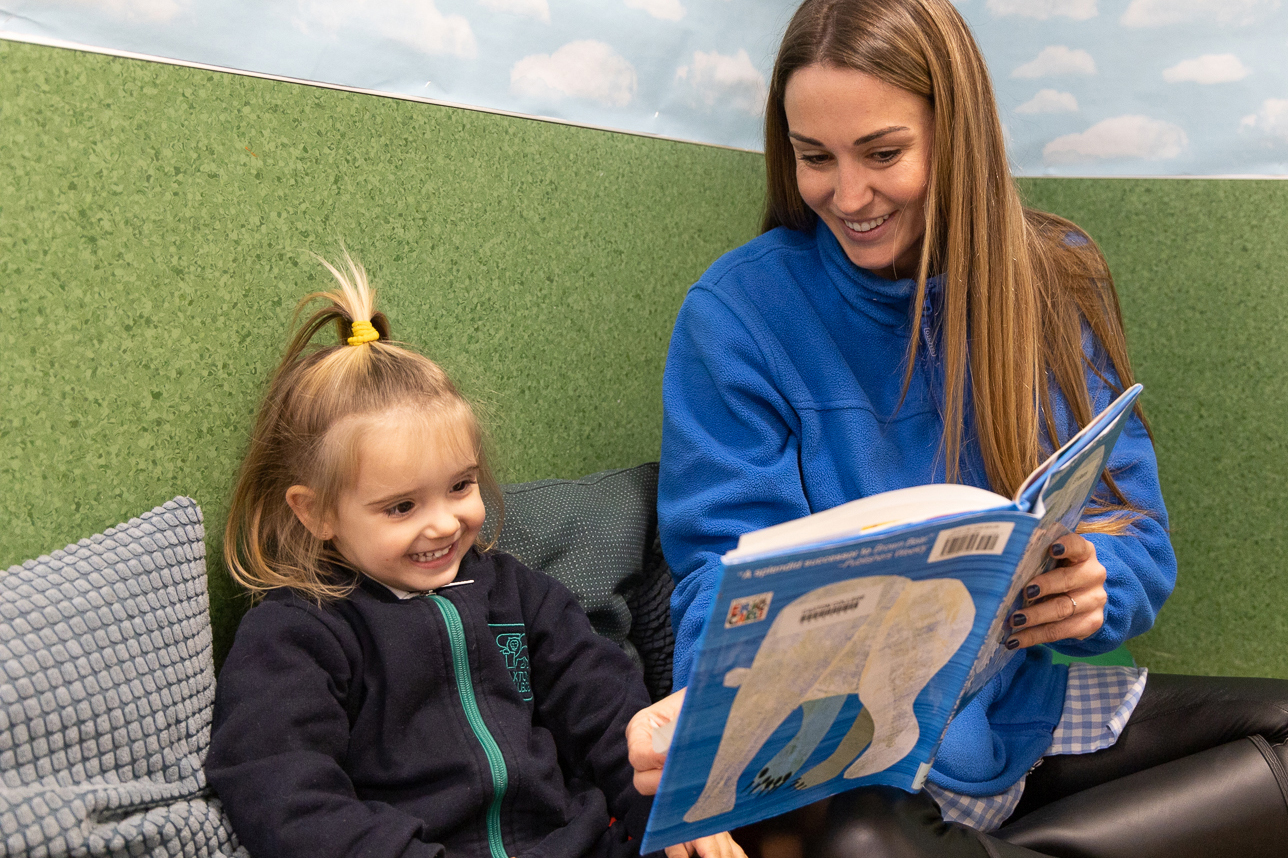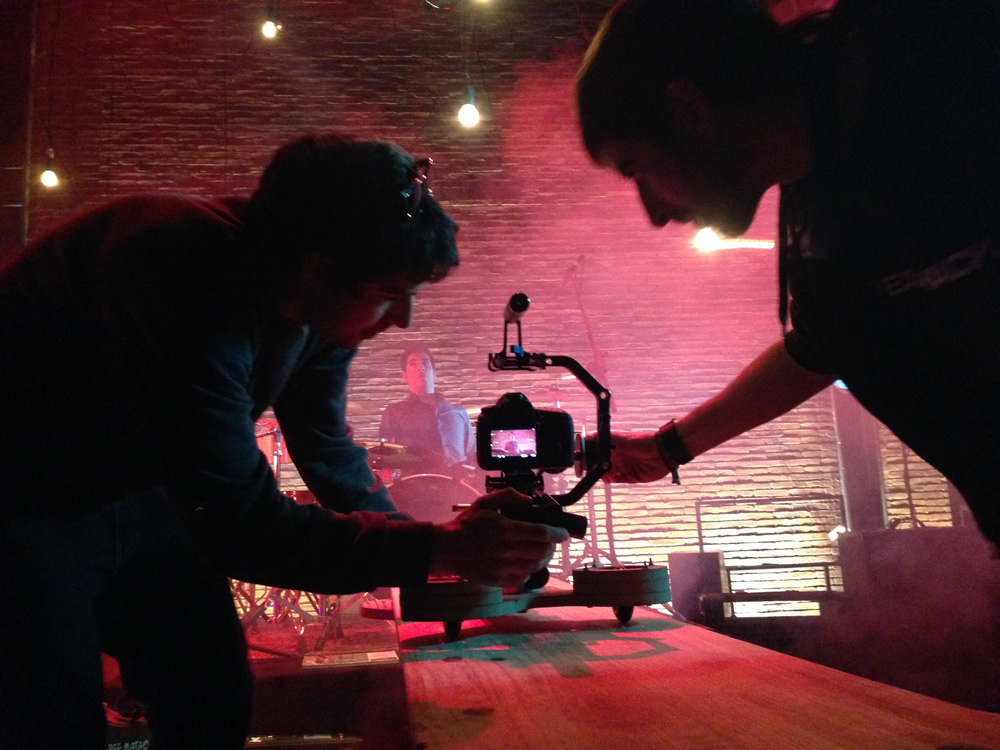Ana Belén Álvaro: “Parents should be required to have more self-control”
The former professional basketball player and current sports director at Caxton College reflects on the role of parents in the sport of their children
The so-called “sports triangle” is made up of parents, coaches and athletes. In this sense, “it is necessary for parents to be part of that emotional plot in which their children enjoy and make new friendships, but they cannot do it at any price” – says Ana Belén Álvaro, a leader in the history of Spanish women’s basketball.
“Their reactions in training sessions and matches, the comments they make about the referee’s decisions or the importance they give to victories or defeats, are issues that affect and greatly impact young athletes. Therefore, parents should be aware of the influence of their behaviour and strive to make it as positive as possible” – continues the sports director of Caxton College.
Implication yes, incivility no
The involvement that parents can show in the sport practised by their children should encourage the practice of it in a healthy and respectful way. “There are parents who sit in the stands and give directives over the coach, generating contradictory messages. Some others show little civic and inconsiderate behaviour towards the referee or the rival team, something that can end up generating stress in the athlete. All of these facts can undermine their self-esteem and make it difficult to enjoy themselves” – says coach Álvaro, who believes that eradicating these attitudes is still “an unfinished business”.
“The education in values that athletes receive will serve as the basis for the rest of their lives, both in the personal and in the professional field” – says Álvaro. Therefore, if parents show their children exemplary behaviour based on respect, tolerance, discipline and friendship; athletes will feel comfortable and could have a better performance and enhance their abilities.
Ideal attitude
When parents are sitting down in the stands watching how their child is having a bad day on the playing field, “instead of yelling at them, they must choose in the first place, to talk to the coach when the game ends so they can explain what they think has happened to the player. In that way, when they talk alone with their child later, their comments will go in the same line as the coach without valuing technical aspects”. Likewise, it is very important that you make good use of the language whenever you address your child because “it is not the same to say: today you have passed the ball terribly or today you have not passed the ball as well as other days” – says Álvaro. Along these lines, parents should act as a positive reinforcement, emphasizing all the good aspects of the player. Parents should always tell the truth, without lying, but positively. “In addition, during matches it is good for parents to get involved and encourage the team appropriately, even if their child is on the bench.”
Parents should never mention the actions of the referees and, if the player makes reference to them, “and complains about how badly the referee has acted, we must divert attention to other issues of the game and stay out of the decisions made by the referees”. Finally, Álvaro concludes, “the ideal parents are the ones who have full confidence in the players and the coach, and from there what they have to do is enjoy the matches and make sure that their child has a good time.”







Recent Comments